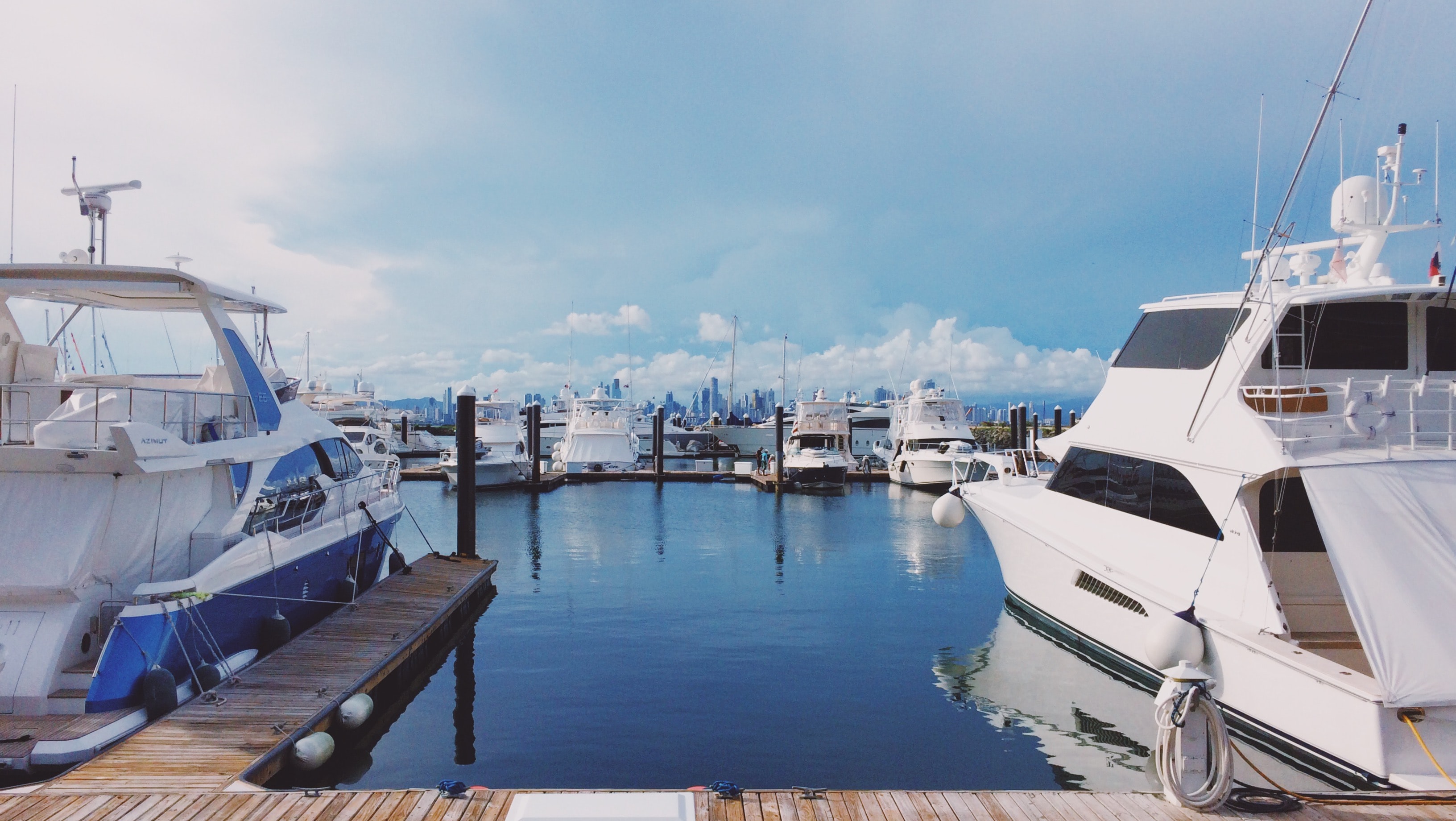We’re willing to bet your prized boat costs a pretty penny. Whether you own an inboard motor yacht, PWC, or bass fishing boat, it’s important to secure the right boat insurance policy in case you suffer damage in a covered loss.
Here is why purchasing a policy should be a top consideration.
What Does Boat Insurance Cover?
Boat insurance contains different coverage types to help in various situations.
Liability insurance for boats is the most basic coverage you can get. This could help pay for damage your boat causes to others. For example, if your boat damages someone else’s boat or property, or injures someone during an accident, liability coverage may pay for some of the subsequent costs.
Here are some other things boat insurance typically covers:
- Damage or loss from a collision, fire, theft, and vandalism.
- Damage to the boat’s structure and permanently attached equipment.
There are many other boat insurance features, like coverage for:
- Boating Accessories and Equipment: Coverage for valuable gadgets that are not permanently attached to the boat (i.e., fishing gear, marine electronics, expensive coolers, navigation equipment, etc.)
- Towing: Low-cost optional endorsement for towing assistance for mechanical breakdowns, jump starts, fuel delivery and more.
- Mechanical Breakdown: This type of coverage could pay to repair or replace your outboard motor in a covered loss, as long as it’s not due to wear and tear.
- Salvage: Coverage that pays to remove your boat when a basic tow won’t help.
- Cruising Endorsement: Temporary, additional coverage if you plan on leaving U.S waters (usually to the Bahamas or Mexico).
- Medical Payments: May cover medical expenses for your guests if injured in a boating accident regardless of your liability.
What Does Boat Insurance Not Cover?
And here’s what a policy typically doesn’t cover:
- Natural wear and tear
- Defective machinery
- Damage from marine life
- Damage from mold, insects, and debris
Agreed Value vs. Actual Cash Value for Boats
Agreed value and actual cash value coverage influence how much you pay for boat insurance and how a covered claim will be settled. The difference between the two comes down to depreciation.
Actual Cash Value
- Value: Decided at the time of the damage/loss
- Depreciation: Accounts for depreciation if you file a claim
- Cost: Typically less expensive
Actual cash value coverage generally offers more affordable premiums, but it will likely pay you less if your boat is destroyed. This is because your insurer will reference its value at the time of loss.
Agreed Value
- Value: Agreed upon by you and the insurance company when you buy the policy
- Depreciation: Typically does not account for depreciation if you file a claim
- Cost: Typically more expensive
With agreed value coverage, the insured and insurer agree on an amount beforehand. So, if your boat and/or insured items are destroyed, your insurer may replace them without accounting for depreciation.
What to Know About Your Policy
It’s important to understand your boat insurance policy and what it covers before heading out on the water.
Some things to know about your policy and boating in general include:
- Navigational Limits: Your policy may have limits that outline where you can navigate your vessel and where you can’t. If you travel outside the navigational limits agreed to in the policy, you may be navigating without coverage. Essentially, the broader your navigation territory is, the higher the premium.
- Layup Periods: Many boaters choose to store their boars during cold weather and many insurers will give discounts because it’s not being used year-round. If the vessel goes out for a cruise before the layout period ends, coverage provided by the insurance policy will not apply unless addressed via endorsement in advance.
- Marine Inspections and Surveys: Many insurers require an inspection by an accredited marine surveyor, especially for older models. This helps assess the vessel’s value, condition and seaworthiness.
Boat Insurance Costs and Discounts
How much you’ll pay for boat insurance depends on a number of different factors, including:
- The type of coverage you want
- Cruising area(s)
- Boat type and value
- The size, age, and condition of the boat
- Engine type and horsepower
- Your boating experience and driving record
- Boating loss history
- Liability limits
- Deductible
There are many ways to save money on boat insurance, including discounts for:
- Completing a boating safety course
- Having no prior boating losses
- Bundling multiple policies
- Laying up your boat during the winter
- Maintaining a good driving record
- Limiting navigable waters
What States Require Boat Insurance?
Only two states require boat insurance for motorboats and PWC with 50+ horsepower engines: Utah and Arkansas.
Utah residents can choose between two options for liability coverage:
- $25,000/$50,000 for bodily injury/death and $15,000 for property damage
- $65,000 combined coverage limit
Arkansas residents are required to purchase a policy that includes at least $50,000 in liability coverage.
How to Get a Boat Insurance Quote
If you’re looking to get a quote, start with SkiSafe. You can easily get boat insurance quotes online through our website. You can also contact an independent agent/broker, who can complete the quote application process for you.
Before requesting a quote, collect specific information about your vessel. Also, think about the type/level of coverage you need and any optional coverage you might want. That way, you’ll have an accurate estimate of how much you’ll pay for the policy.

